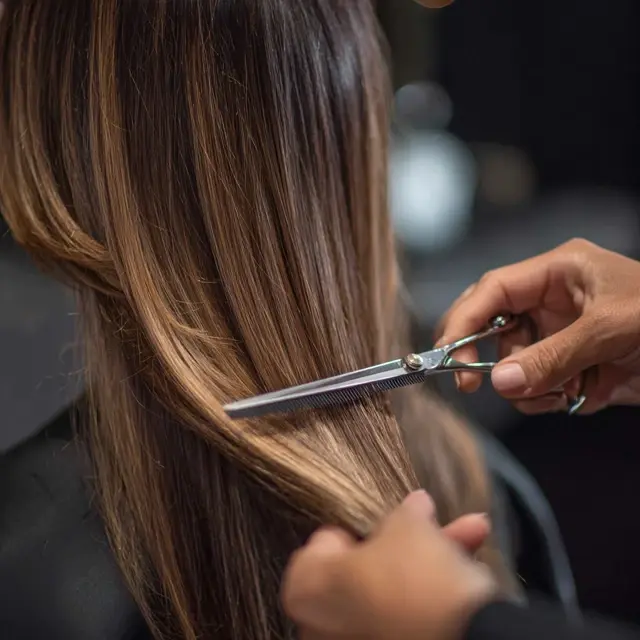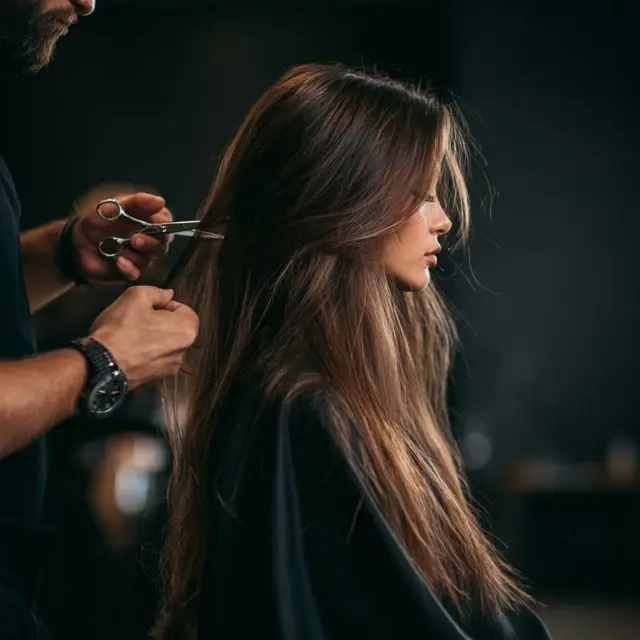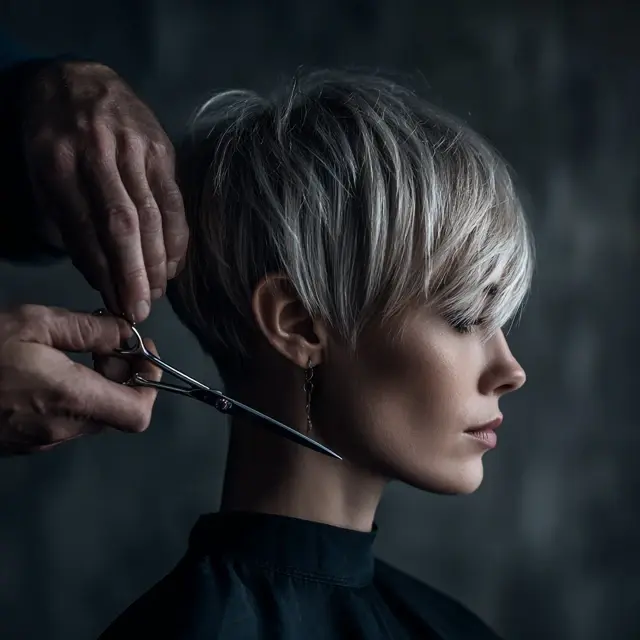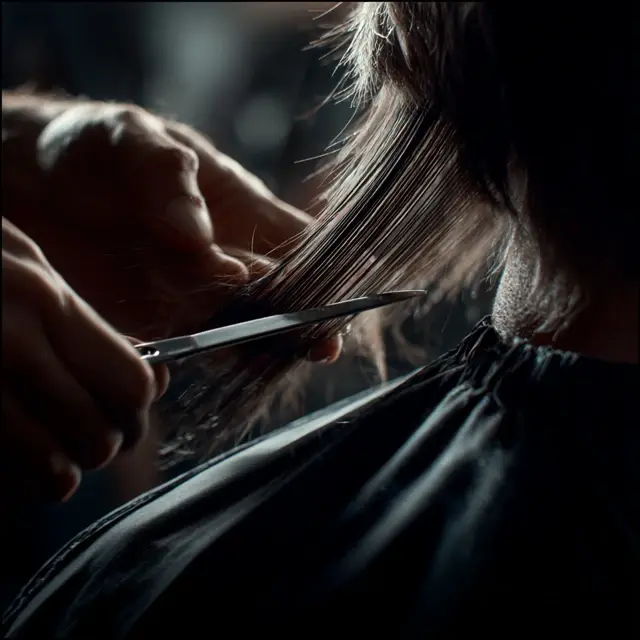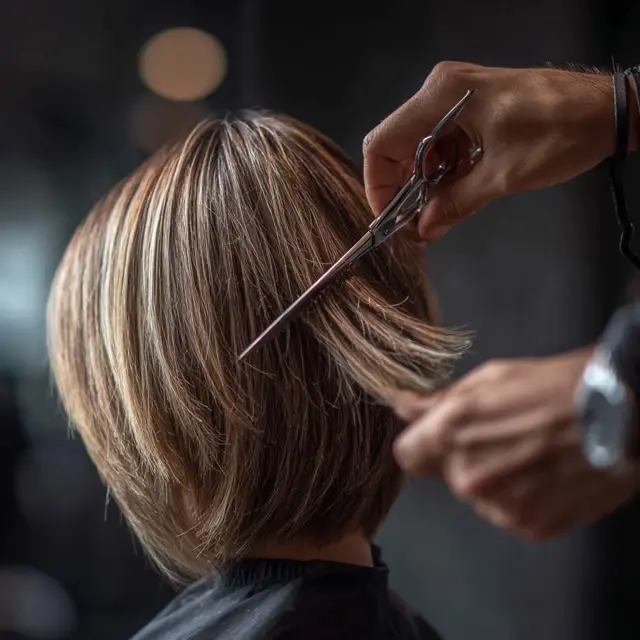How to Blend Extensions with Thinning Hair Scissors
Hair extensions can transform length and volume instantly, but without proper blending, they may look obvious or artificial. To achieve seamless results, stylists turn to thinning hair scissors. These specialized tools refine the transition between natural hair and extensions, ensuring the final look is smooth, balanced, and natural.
Why Thinning Hair Scissors Are Ideal for Blending Extensions
Extensions often have a different density and texture compared to natural hair. Thinning scissors help by:
- Softening the line where extensions meet natural hair
- Reducing bulk for a more even finish
- Creating movement and flow for a natural look
- Blending layers without cutting away too much length
Step-by-Step Guide to Blending Extensions
1. Establish the Base Cut
Use professional hair scissors to shape the haircut before introducing thinning shears. This ensures the foundation is balanced and precise.
2. Identify Transition Zones
Focus on areas where the extensions and natural hair meet, usually around the mid-lengths. These zones often appear heavier and require careful refinement.
3. Apply Thinning Scissors Strategically
Use gentle, controlled snips with thinning scissors to soften the density. Avoid over-thinning, which can create gaps or weaken the extension bonds.
4. Add Texture for Movement
Feather the ends slightly with thinning scissors to add movement and prevent a blunt, disconnected appearance.
5. Final Check and Polish
Comb through the hair to evaluate flow and balance. Make light adjustments as needed to ensure a seamless blend.
Tips for Professional Results
- Work on dry hair to see how the extensions fall in real time.
- Blend gradually—take less with each snip to avoid over-thinning.
- Pay attention to texture differences between natural hair and extensions.
- Combine thinning scissors with texturizing techniques for layered looks.
When to Use Thinning Scissors with Extensions
Thinning hair scissors are particularly useful for:
- Clip-in extensions that need quick blending
- Tape-in or bonded extensions that create visible lines
- Layered styles where extensions add density
- Creating flow in long, thick extension sets
Choosing the Right Thinning Hair Scissors
The best results come from high-quality tools. Look for:
- 30–40 teeth: For subtle, natural blending
- 20–30 teeth: For moderate density control
- Stainless steel blades: Ensure smooth, precise cuts
- Ergonomic design: Provides comfort for detailed work
Conclusion
Blending extensions is as much about artistry as it is about tools. With thinning hair scissors, stylists can refine transitions, reduce bulk, and create flow for a truly seamless finish. By combining precision cutting with strategic thinning, extensions become indistinguishable from natural hair, leaving clients with a flawless, confidence-boosting style.
